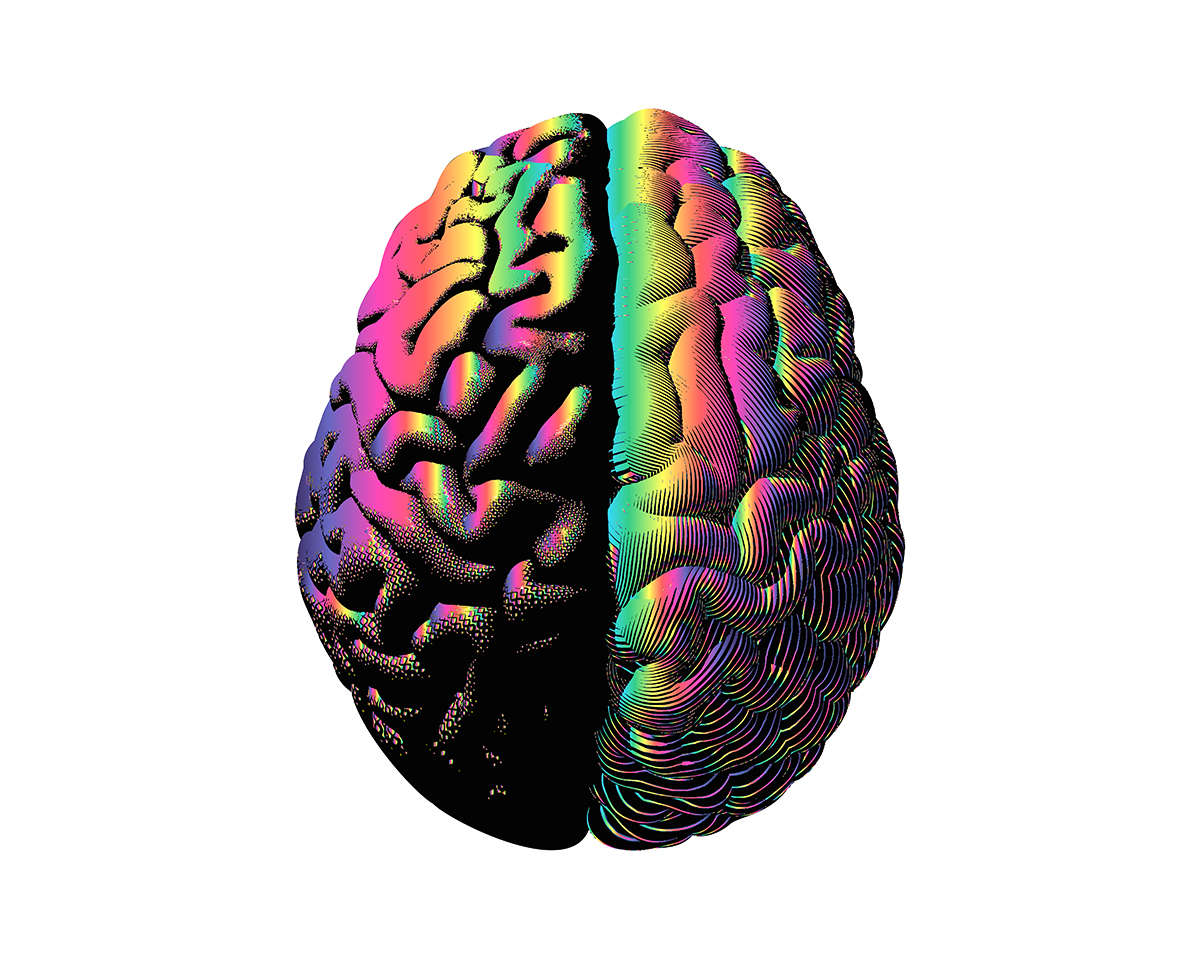
These different responses do not fall neatly into existing diagnostic categories and, although there are known risk and resilience factors associated with mental health outcomes, researchers aren’t yet able to predict how a specific person will fare after experiencing a traumatic event.
As part of the study, Jennifer Stevens, Ph.D., of Emory University in Atlanta, led an investigation of post-trauma brain activity in an initial group of 69 AURORA participants who were seen in an emergency department following a car crash.Stevens and colleagues hypothesized that different patterns of stress-related brain activity may predict participants’ long-term mental health symptoms across a range of diagnoses.
Two weeks after the accident, the participants had their brain activity measured via functional MRI while they completed a series of standard computer-based tasks.The tasks assessed their brain activity in response to social threat cues, reward cues, and situations that required them to inhibit a response.
Analyses of the participants’ brain activity data revealed four distinct profiles:.Looking at participants’ brain activity profiles in relation to their mental health outcomes, Stevens and co-authors found that participants with the reactive/disinhibited profile—those who showed high activity related to both threat and reward—reported higher levels of symptoms of both PTSD and anxiety over the six-month follow-up period compared with the other profiles.The researchers found no association between any of the brain activity profiles and other mental health outcomes, such as symptoms of depression, dissociation, or impulsivity.The link between high reward reactivity (as part of the reactive/disinhibited profile) and long-term symptoms was unexpected, as previous studies indicated an association between low reward reactivity and post-trauma PTSD and depression.About the National Institute of Mental Health (NIMH): The mission of the NIMH is to transform the understanding and treatment of mental illnesses through basic and clinical research, paving the way for prevention, recovery and cure.National Institute of Mental Health (NIMH)Department of Health and Human Services
